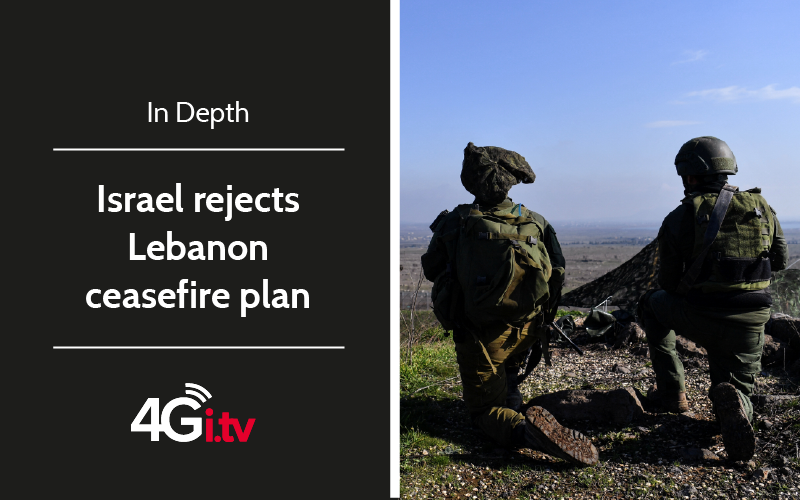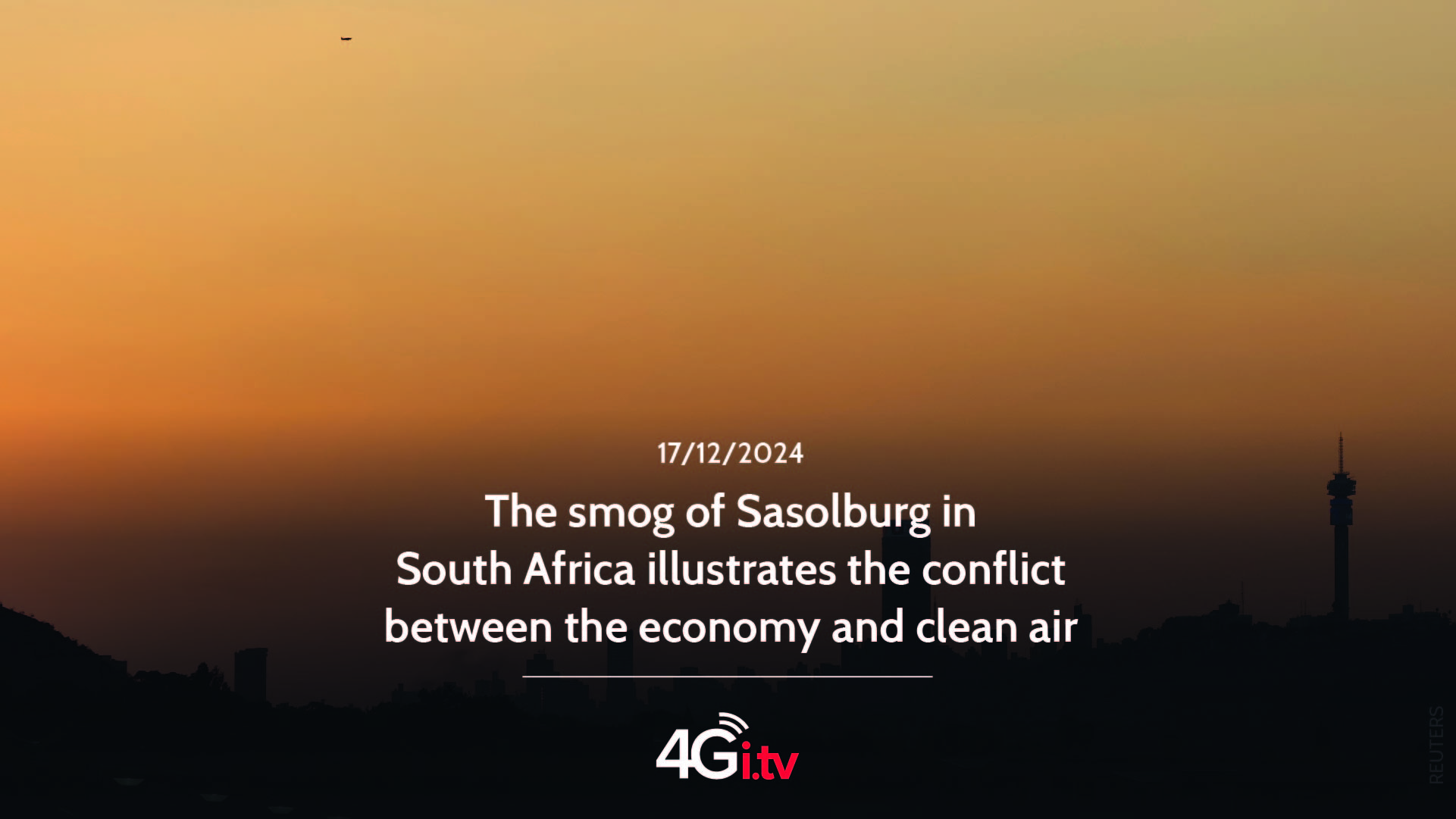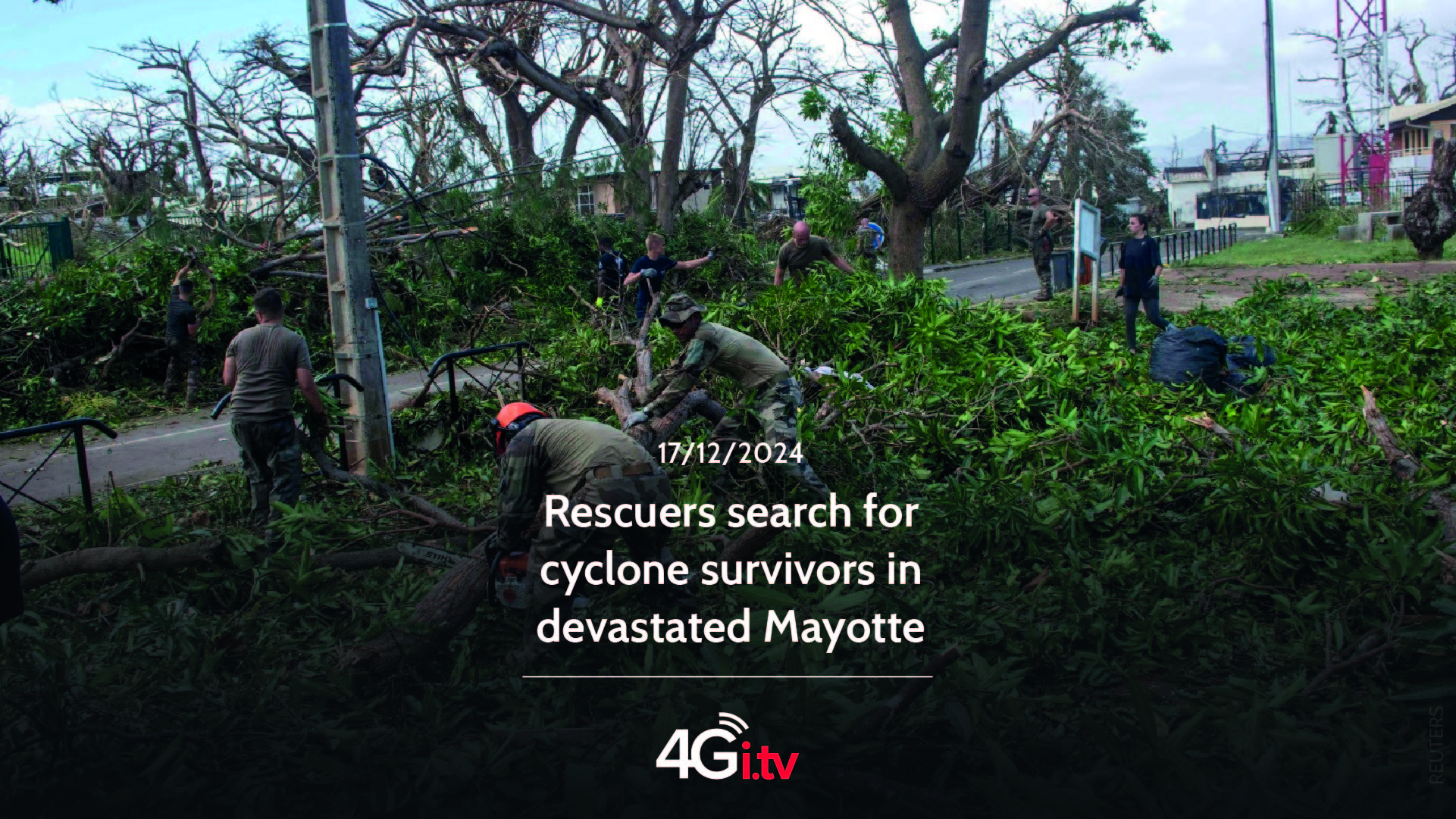Israel rejects Lebanon ceasefire plan

Israel rejected calls for a ceasefire with the Hezbollah movement, defying its biggest ally, the United States, and pressing ahead with attacks that have killed hundreds of people in Lebanon and heightened fears of an all-out regional war.
An Israeli warplane struck the outskirts of the capital Beirut on Thursday, killing two people and wounding 15, including a woman in critical condition, Lebanon’s health ministry said. In addition, the attack killed the head of one of Hezbollah’s air force units, Mohammad Surur, two security sources said.
The attack brought the death toll to 28, taking into account only the attacks on Wednesday night and Thursday.
Separately, on the Israeli side of the border with Lebanon, the army conducted an exercise simulating a ground invasion, a possible next stage after the relentless air strikes and explosions of communications devices.
Israel has vowed to protect its north and return to communities there citizens who have been evacuated since Hezbollah launched a campaign of cross-border attacks last year. These attacks were ‘in solidarity with Palestinian militants fighting in Gaza’.
Israeli Prime Minister Benjamin Netanyahu told the UN General Assembly in the US that the army will continue to attack Hezbollah with ‘full force and we will not stop until we achieve all our goals. First and foremost is to return the residents of the north safely to their homes’.
Israel’s stance has dashed hopes of a quick deal after Lebanese Prime Minister Najib Mikati expressed hope for a ceasefire.
Hezbollah has been at odds with the Israeli army since the Shi’ite Muslim movement was created by Iran’s Revolutionary Guard in 1982 to counter an Israeli invasion of Lebanon. Since then it has become Tehran’s most powerful proxy in the Middle East.
The US, France and several other allies urged an immediate ceasefire on the Israeli-Lebanese border and also expressed support for a ceasefire in Gaza. In London, US Defence Secretary Lloyd Austin warned that there was a risk of all-out war in the Middle East, but that a diplomatic solution was still possible. ‘Israel and Lebanon can choose a different path; despite the sharp escalation of recent days, a diplomatic solution remains viable,’ Austin said.
What happened in the last week?
More than 600 people have been killed since Monday in Israeli attacks on Lebanon. Hezbollah has fired hundreds of missiles at targets in Israel, including its Tel Aviv commercial centre, although Israel’s air defence system has ensured that the damage has been minor.
On Wednesday, Israel’s army chief made the most explicit public comment yet about the possibility of a ground attack on Lebanon, telling troops near the border to be prepared to cross.
On Thursday, Israeli fighter jets also attacked infrastructure on the Lebanese-Syrian border to stop the transfer of weapons from Syria to Hezbollah in Lebanon.
The Lebanese health ministry said most of Thursday’s victims were Syrians killed in the town of Younine in the Bekaa Valley. Lebanon is home to about 1.5 million Syrians who fled the civil war.
Finally, Hezbollah said in a statement that it had attacked the northern Israeli town of Kiryat Shmona and an Israeli military command base in the north, as well as using air defence weapons to force two Israeli warplanes to turn back.
Importantly, aid organisations were distributing clothes and food, and checking for medicines needed by elderly people who had fled too quickly to carry prescriptions.
Neighbouring countries are concerned about the safety of their citizens in Lebanon. Turkey is making preparations for a possible evacuation of its citizens and foreign nationals from Lebanon.
Israel has made it a priority to secure its northern border and allow the return there of some 70,000 residents displaced by the almost daily exchanges of fire that Hezbollah initiated a year ago.
Israeli air strikes have intensified dramatically since Monday, when more than 550 people were killed in the deadliest day in Lebanon since the end of the 1975-1990 civil war.
BELIEBTE BEITRÄGE

Earthquakes and emissions undermine the idea of carbon storage in Texas
Dezember 17, 2024


Rescuers search for cyclone survivors in devastated Mayotte
Dezember 17, 2024

“Gilmore Girls” airs for a second season on Hulu
Dezember 17, 2024
LIVEÜBERTRAGUNG



